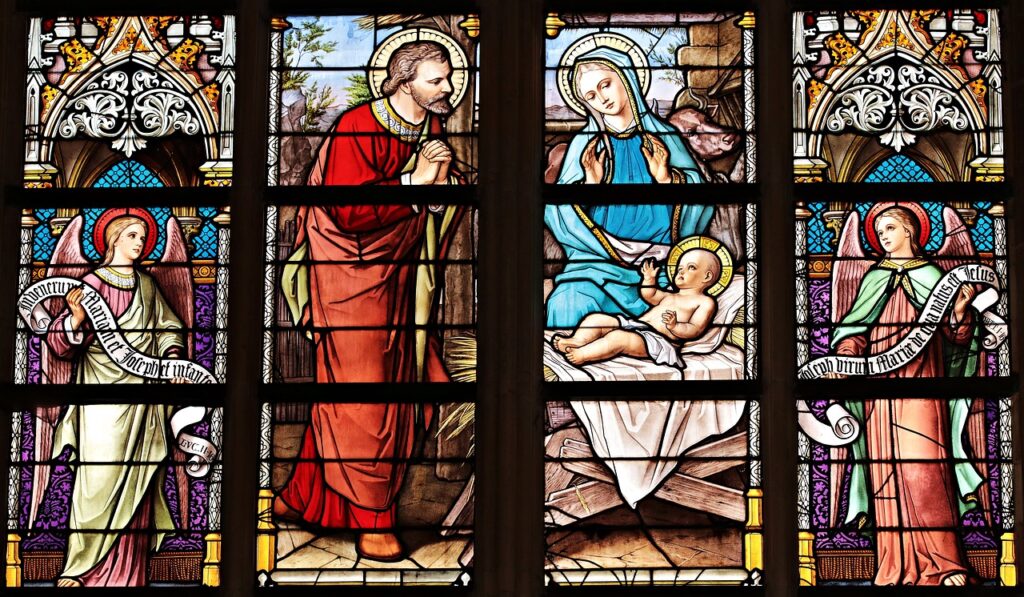Today’s blog

Lynn Murphy Mark
The disconnect
Tracy Chapman wrote a cute song about God and Jesus. Here are a few lines from the lyrics:
“My God is good in the kitchen
Make a good meal from bread and fishes…
Don’t covet steal kill or lie
My God’s got a lot of rules….
My God made creation
Six days work one day vacation…”
Yesterday I was on my way to meet Rose for breakfast, as I do most Wednesdays. My radio is now tuned to NPR – and I am guilt free because I finally cracked and donated during their recent endless fundraising days. The program host was interviewing someone from an organization called the Public Religion Research Institute, or PRRI. They have just released a study of religious trends in the United States. It got my attention because this has been a subject of discussion at many of our board meetings at Unity.
Like many other churches, we are facing a membership that declined after the pandemic. We are very slowly seeing some new faces on Sundays, but our sanctuary is not as full as it used to be. Naturally this has a financial downside, and as the treasurer I face the story from black and white numbers every month. So when the NPR show guest started talking about why people are leaving churches it got my immediate intention.
PRRI’s study is available on line and I was determined to review it as soon as I got home. In the meantime I called my minister and gave her the heads up about the study. She is an educator by profession and is a tireless consumer of new information and I knew she would be all over this. Not long after, she texted that she had read the entire report. We both learned things yesterday.
I don’t want to repeat a lot of statistics, because much of the report contained stats about the information that was gathered from over 5,600 Americans. But I learned some things that I think we as a church need to know as we plan how to get our message out to our community. And if you have any interest in religious trends in America, you might find some helpful information here.
First of all, more than a quarter of Americans (26%) identify as religiously unaffiliated. The word, “unaffiliated” caught my eye because it was a concept repeated throughout the report. Of those people who don’t have a prescribed church home, 1/3 of them are Catholic and 1/3 Protestant. A percentage of former Catholics are now unattached to any church. A portion of white evangelical Protestants at one point were not affiliated until the evangelism attracted them to join.
The report broke down reasons that people have left their churches. I was fascinated. Over one half of people simply stopped believing their church’s teachings. Almost one third of unaffiliated people left because of the way their church negatively taught about LGBTQ, and were definitely not welcoming to this group of people. This is especially true among younger people. Some felt their church was too focused on politics. Others cited the clergy sex abuse scandals as having impacted their decision to leave a church. Almost half said their families were “not that religious” when they were growing up.
Here’s one that got to me. One third of unaffiliated respondents said their experiences with their churches had negatively affected their mental health. This was especially true for LGBTQ people. It reminded me that when my church had a booth at the Tower Grove Pride weekend, some people remarked that they were happy to see a church that was “unapologetically inclusive.” One told me he had literally been driven out by the negative comments coming to him from the pulpit.
The study included some information about people who attend a church at least a few times a year. About 90% of respondents said attendance made them “feel closer to God”; were attracted by the community aspect of a congregation; and believed in the importance of instilling values in their children.
After digesting the information I think there is much for us to learn from it at my church. Many Unity concepts would appeal to some of the unaffiliated people. I hope we can improve on getting our message out to the community.
